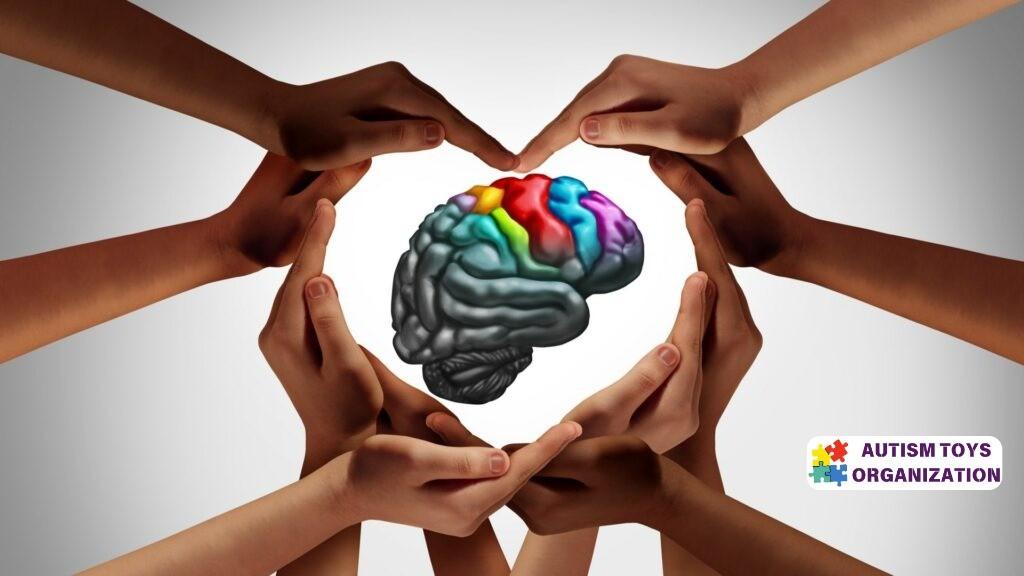
A few decades ago, most people had never heard of autism. Now, you probably hear about it regularly. Autism is short for autism spectrum disorder (ASD). It’s a group of neurodevelopment (or brain pathway) disorders that cause behavior and communication problems.
ASD usually shows up in early childhood. But adults can be diagnosed with it, too.
There are behaviors tied to ASD, like trouble making eye contact. But autism is different for every person who has it. Some people with ASD may have symptoms so mild that other people barely notice them. Others may have symptoms severe enough to have a major impact on their lives.
Some signs of autism are similar to or the same as those of other conditions. As a result, some things can be mistaken for autism. That’s a problem because using autism treatment on a person who doesn’t have the disorder probably won’t help the way it should. What’s more, someone with another health issue that looks similar, like lead poisoning, may need treatments that have nothing to do with the ones for autism.
These include:
Speech delays, hearing problems, or other developmental delays: Developmental delays are when your child doesn’t do things doctors expect kids their age to be able to do. These can include language, speech, or hearing problems. Fine motor issues, problems with social interaction, and impaired thinking skills can happen, too. While kids with autism may have developmental delays, those delays can have other causes, like lead poisoning or Down syndrome, or even no known cause.
Narrowed interests: Children with autism sometimes get very interested in particular activities or things, like maps or ceiling fans. Their interest might even seem obsessive. But that doesn’t necessarily mean they have autism. If they do, they’d have other symptoms of it, such as trouble with social interactions.
Reading early or high intelligence. Children who can read at an early age or show other signs of high intelligence sometimes get diagnosed with autism. This can be especially true for kids with hyperlexia. That’s when a child reads very early or shows other signs of high intelligence, but may also have trouble communicating with others.
While children with hyperlexia could have autism, the conditions don’t always go hand-in-hand.
Sensory or sensory processing issues: Some children are very sensitive to light, sound, or touch. Things like being hugged or hearing loud noises may upset them or cause them to stop communicating. A child with autism might do this too, but they’d have other symptoms of autism, like speech delays.
Psychological disorders: These may cause obsessive behavior, speech and communication problems, and other issues that may seem like autism, but aren’t.
Examples include:
Lead poisoning: Lead is a metal that can damage the brain. If a child gets lead poisoning by eating paint chips or drinking water with lead particles, they might have developmental delays and learning difficulties. Those issues may seem to be autism. Some research suggests it might lead to autism, but the connection isn’t clear. Kids who get treatment for lead poisoning may see their symptoms improve, so getting diagnosed is important.
Genetic disorders: While some of these couple with autism (Down syndrome, or tuberous sclerosis, for example), others can be mistaken for it. One recent study found that up to 50% of children with a genetic disorder called 22q11.2 deletion syndrome were told they had autism when they didn’t. That’s because many of the symptoms of 22q11.2 deletion syndrome, including delayed speech development, can also be signs of autism.
To diagnose autism, a doctor will check your child’s development and behavior. The doctor may ask you (and possibly your child) questions, take a full health history, and observe your kid’s behavior.
If the doctor thinks they might have ASD, they may suggest an evaluation. That’s when a team of experts who specialize in autism — including a neurologist, psychologist, psychiatrist, speech therapist, or other professionals — do a series of tests and screenings to see if your child has autism or another issue, like a psychological or speech disorder.
If you think your child may have been misdiagnosed with autism or may have another health problem, ask your child’s doctor these questions:
Have you checked my child’s hearing? Hearing problems can cause speech development delays and other issues that can be mistaken for autism.
Are there other tests we should consider? For example, if you live in an old home, you may want to request a test to check for lead in your child’s blood.
Can I see a specialist or a team of specialists? If your doctor says your kid has autism, but your child hasn’t also seen a neurologist, psychiatrist, or other professionals who specialize in ASD, ask for referrals so you can get more information.
Can we move forward with treatment even if we’re not sure what this is? If your child has a developmental delay that may or may not be autism, treatment such as occupational therapy, speech therapy, or social skills training may still help.




